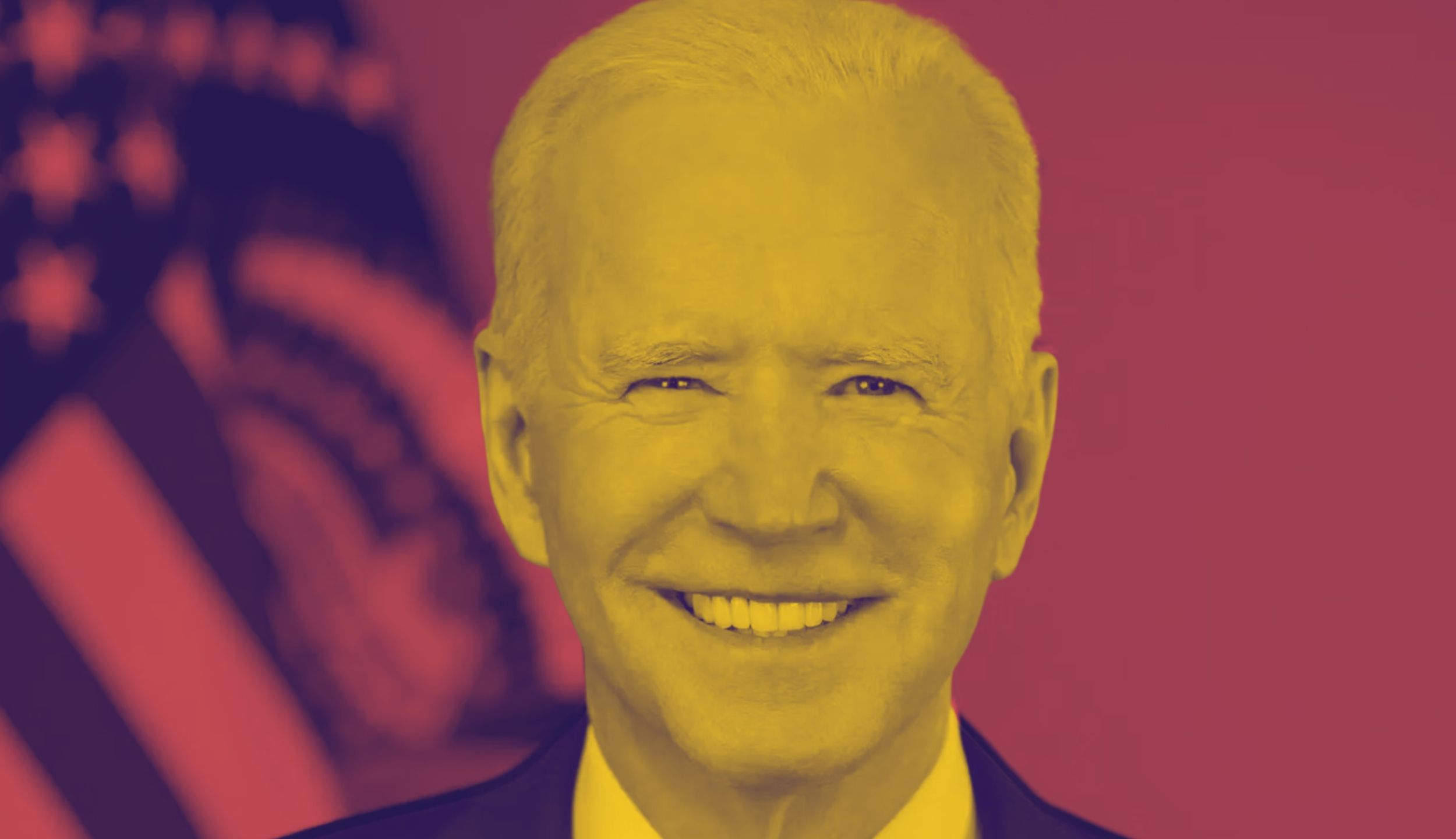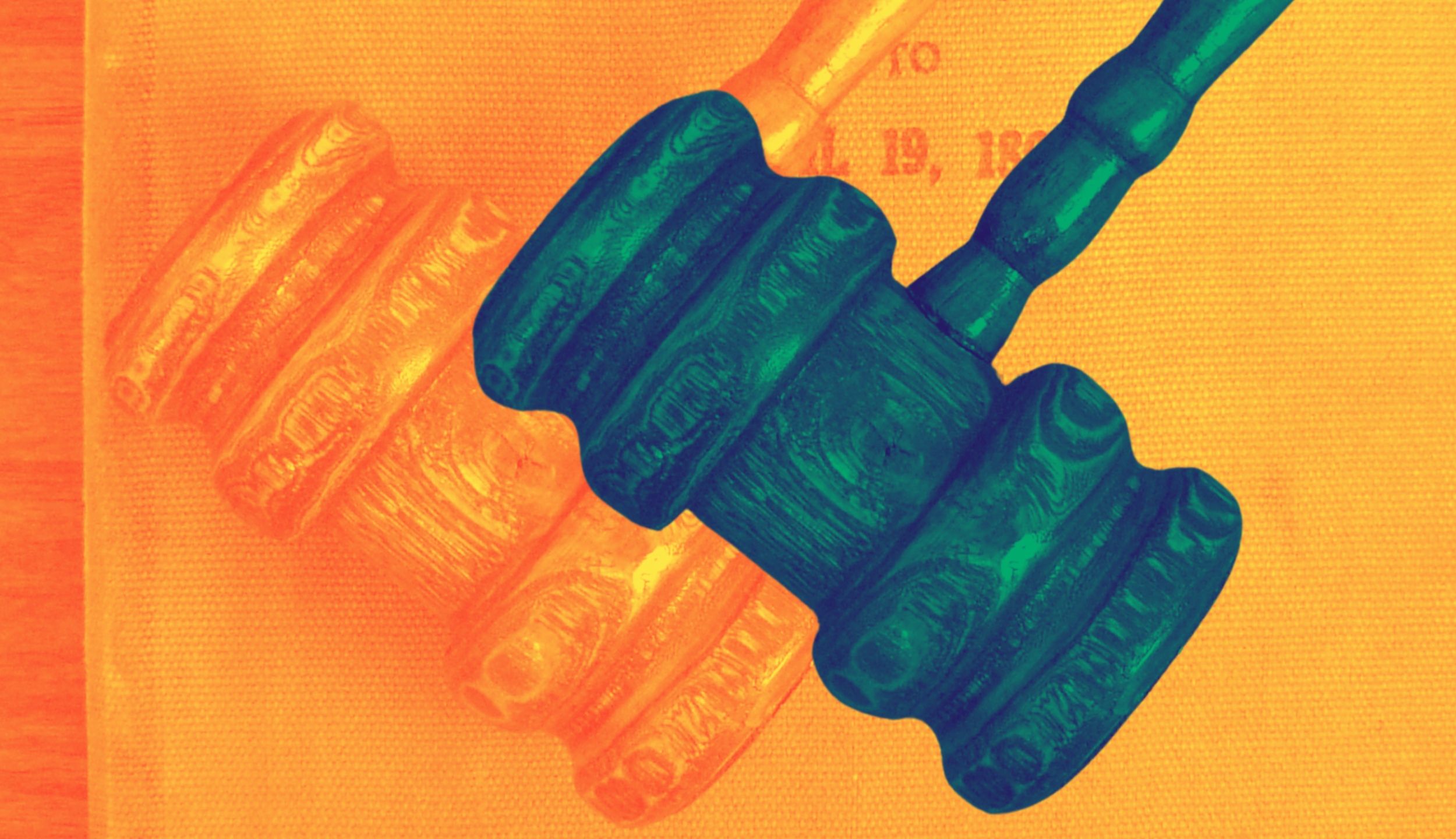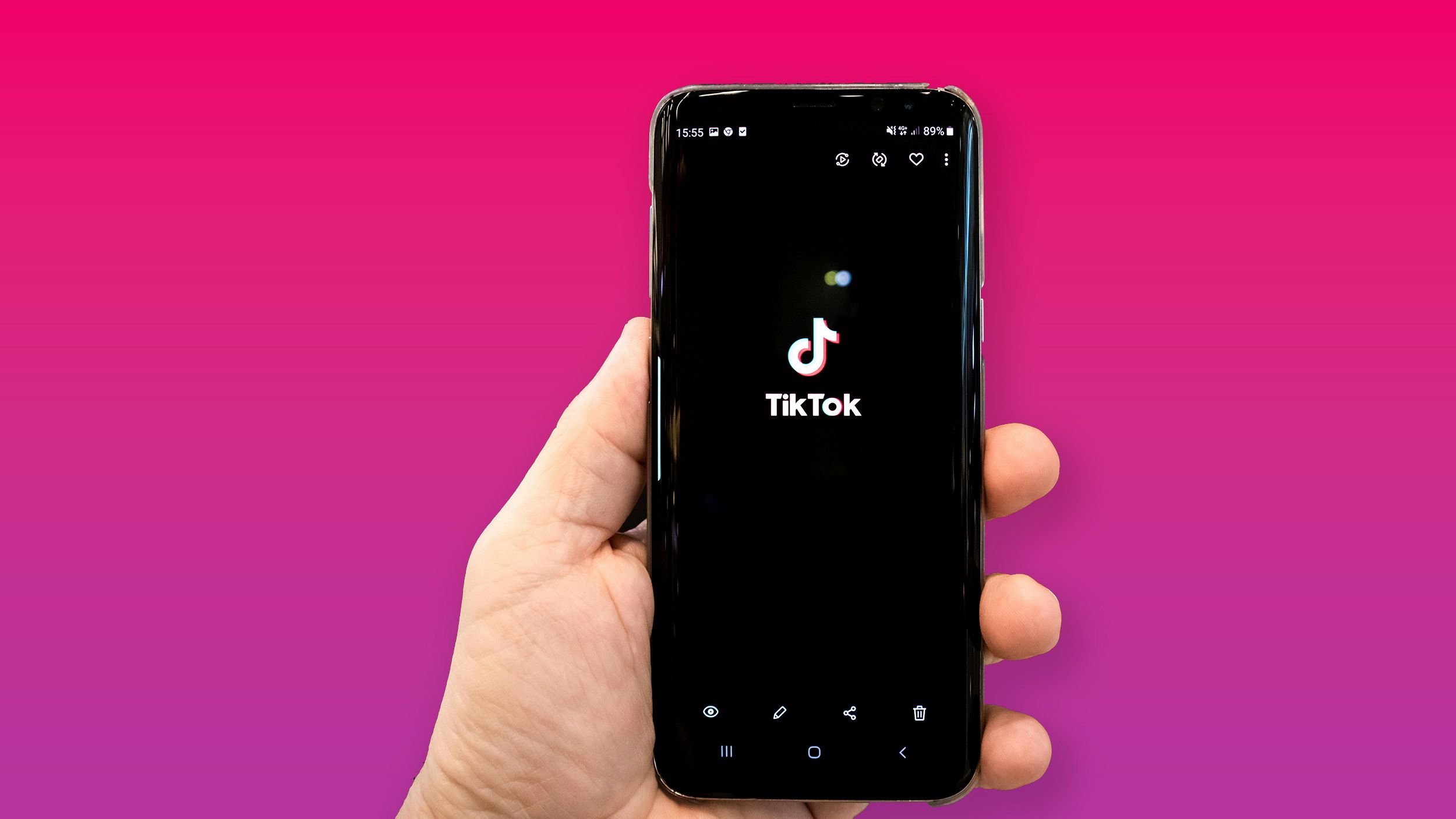Key Takeaways
- TikTok’s parent company, ByteDance, has 270 days to divest itself before a potential US ban. There’s a long fight ahead.
- This doesn’t mean you’ll be without the app right now or anytime soon. A lawsuit is expected to contest the ban on Constitutional grounds, citing free speech.
- If banned, TikTok would be removed from US app stores, changing the social media landscape. However, like any bill, things are complicated.
Much to the chagrin of some people — and the joy of others — US President Joe Biden has signed a Senate bill that could potentially ban TikTok from the country. The legislation came about because TikTok’s parent company, ByteDance, is based in China, and many politicians have worried that the app therefore poses a security risk. While TikTok has denied any threat, the concern is that the Chinese Communist Party could use its control over ByteDance to do things like snoop on American user data or put forward propaganda and misinformation. The app could theoretically join the likes of Huawei and ZTE, which have also been blocked on security grounds.
Is there a possibility that TikTok will remain in the Apple App Store and the Google Play Store for many years to come?
As you’ve probably noticed by now, however, a ban hasn’t gone into effect yet. So what are the reasons for that? And is there a possibility that TikTok will remain in the Apple App Store and the Google Play Store for many years to come?
TikTok for kids: A guide to TikTok’s parental controls and privacy settings
Here are some of the main TikTok parental controls and privacy settings to know.
The real deadline for the ban
End goal: Find a buyer for the company outside of China
The White House
In truth, the bill gives ByteDance 270 days (about nine months) to divest itself of TikTok before a ban takes effect. If the firm can find a non-Chinese buyer, or a way of spinning TikTok off into an independent US business, the app will be in the clear.
The bill gives ByteDance 270 days (about nine months) to divest itself of TikTok before a ban takes effect.
Kicking the can to the next presidency
Notably, the nine-month window should expire January 20, 2025, the same day the next US President will be inaugurated. As far as TikTok goes, it probably won’t matter whether that leader is Biden or Donald Trump — Trump attempted a ban of his own in 2020, only to have his executive order reversed by Biden the following year. The latter part might seem strange given current events, but as part of the reversal, the Biden administration set out criteria for whether apps might pose an “unacceptable risk” to national security, and called on the US Commerce Department to investigate apps linked with foreign adversaries.
The administration has obviously decided against TikTok, though it has probably been influenced by trends elsewhere in the country. Many states and federal agencies have banned the app on government devices, and some private colleges and universities have banned it on their campuses, including the gigantic, multi-campus University of Texas.
If it looks like ByteDance is on the verge of divesting TikTok by January 20, the bill does include a provision allowing the President to authorize a 90-day extension, so any sale can be finalized.
If it looks like ByteDance is on the verge of divesting TikTok by January 20, the bill does include a provision allowing the President to authorize a 90-day extension, so any sale can be finalized. That would push the deadline to April 20, but, of course, it would be irrelevant unless the deal collapsed without a way of salvaging it in time. Complicating the situation is the matter of TikTok’s legal efforts.

Best student laptops: Top laptops for home learning, school, college or university
Laptops are an essential tool for students – here are the best options from Acer, Microsoft, Apple, Samsung and more.
TikTok’s legal strategy
First Amendment and free speech conditions
Jonathunder/Wikimedia Commons
It’s widely expected that TikTok will file a lawsuit contesting the ban, and call for a preliminary injunction to delay it going into effect. Any such court case would be handled via the US Court of Appeals for the DC Circuit, a venue stipulated in the Senate bill.
TikTok is expected to challenge the ban on Constitutional grounds, and indeed many people have argued that it violates First Amendment rights to free speech. There’s precedent for a preliminary injunction, if nothing else — the company was granted one in Montana in 2023 during the process of fighting a state-level ban.
TikTok is expected to challenge the ban on Constitutional grounds.
Lawsuits from more than just TikTok
The federal government could also face one or more lawsuits from TikTok users. Many people rely on the service for their livelihoods, whether as a direct source of income or a way of promoting a business. There have been a number of public protests by users, although they clearly haven’t had much influence on politicians, since only a relative handful of them have come out in support of TikTok.
We should point out that if any action does result in a temporary injunction, it might not matter much unless the latter arrives close to the January 20 deadline. Past that point, TikTok would continue to be available until lawsuits were resolved, but would have to shut down immediately if it lost.
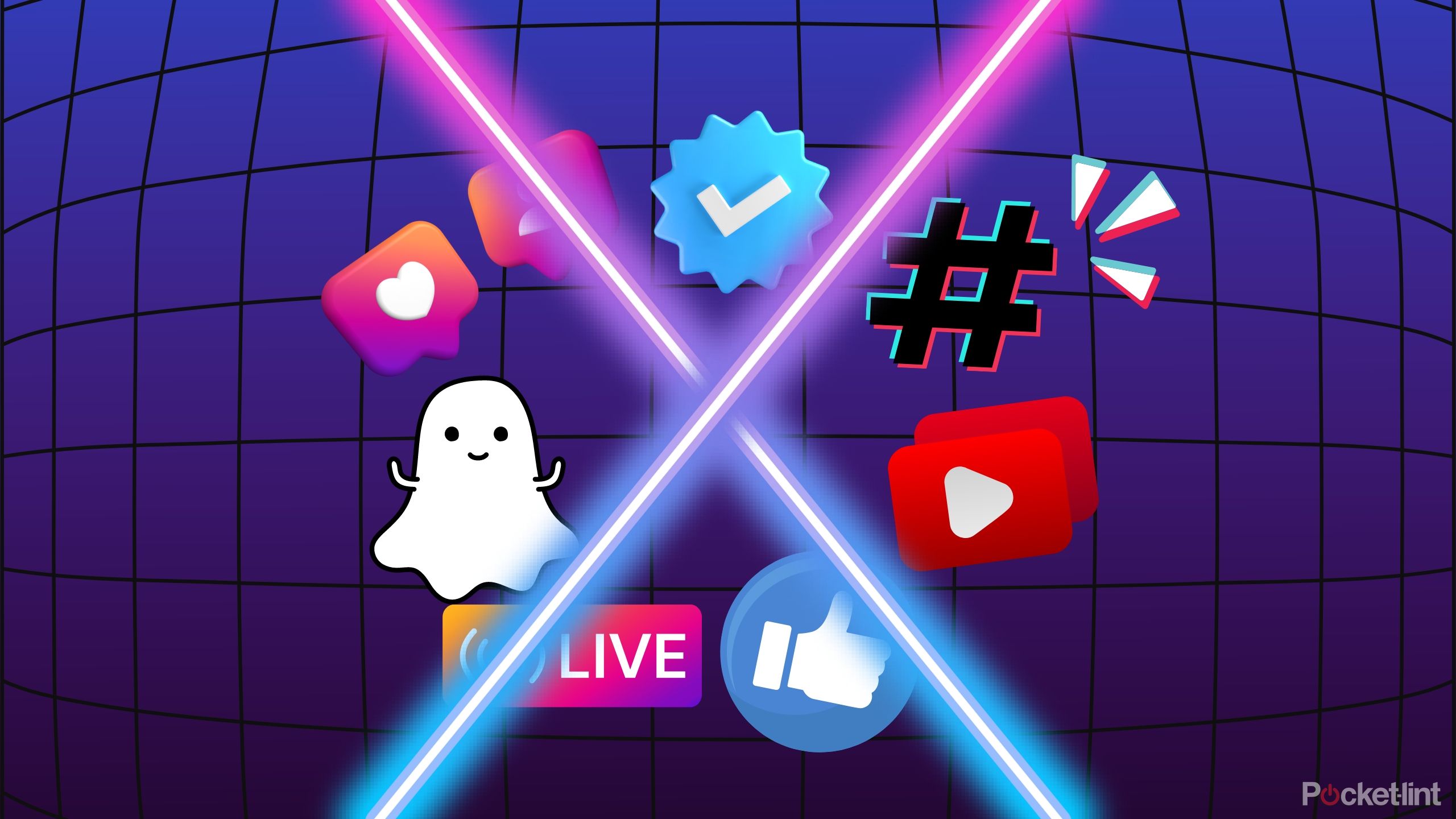
Florida’s social media ban raises flags about kids’ data privacy and digital literacy
Opinion: It’s hard to support a bill that opposes the First Amendment and exposes users to less privacy — no matter how well-intentioned.
What a TikTok ban would look like
What are TikTok alternatives if the ban goes through?
Pocket-lint
In a sense, there wouldn’t be anything complicated about it. Apple and Google would be forced to pull the app from their respective US app stores, and the web version of the service would go offline in the country. TikTok would presumably continue its efforts to overturn the ban, since it has the money to pay lawyers, and the US market is too lucrative to ignore.
If those efforts fail however, it could upend the social media landscape. TikTok rose to popularity so quickly in the US that companies like Meta’s Instagram and Google’s YouTube have been forced to respond, even introducing new features such as YouTube Shorts. The app’s cultural impact has been broad as well — it’s regularly parodied by comedians, and even the Biden administration has posted content to attract younger voters. Speaking of youth, TikTok-style dancing has become a real-world trend in some places.
If you want a possible vision of the future, consider Threads.
Devout TikTok users might try to get around the ban by jailbreaking their phones to sideload the app, and/or by using a VPN (virtual private network) to access the service through countries like Canada. The cumbersome nature of those options is bound to deter most people though, so it’s more likely that people will jump ship to a competing app or move on to the next big thing.
If you want a possible vision of the future, consider Threads. While that app has only been around since July 2023, frustration with Elon Musk and his changes to X/Twitter have prompted a slow exodus, and Threads is already beginning to see more daily users in the US than its rival. The attention spans of social media users can be short-lived — all it takes, sometimes, is watching enough of their friends and idols migrate to a new app to consider installing it.
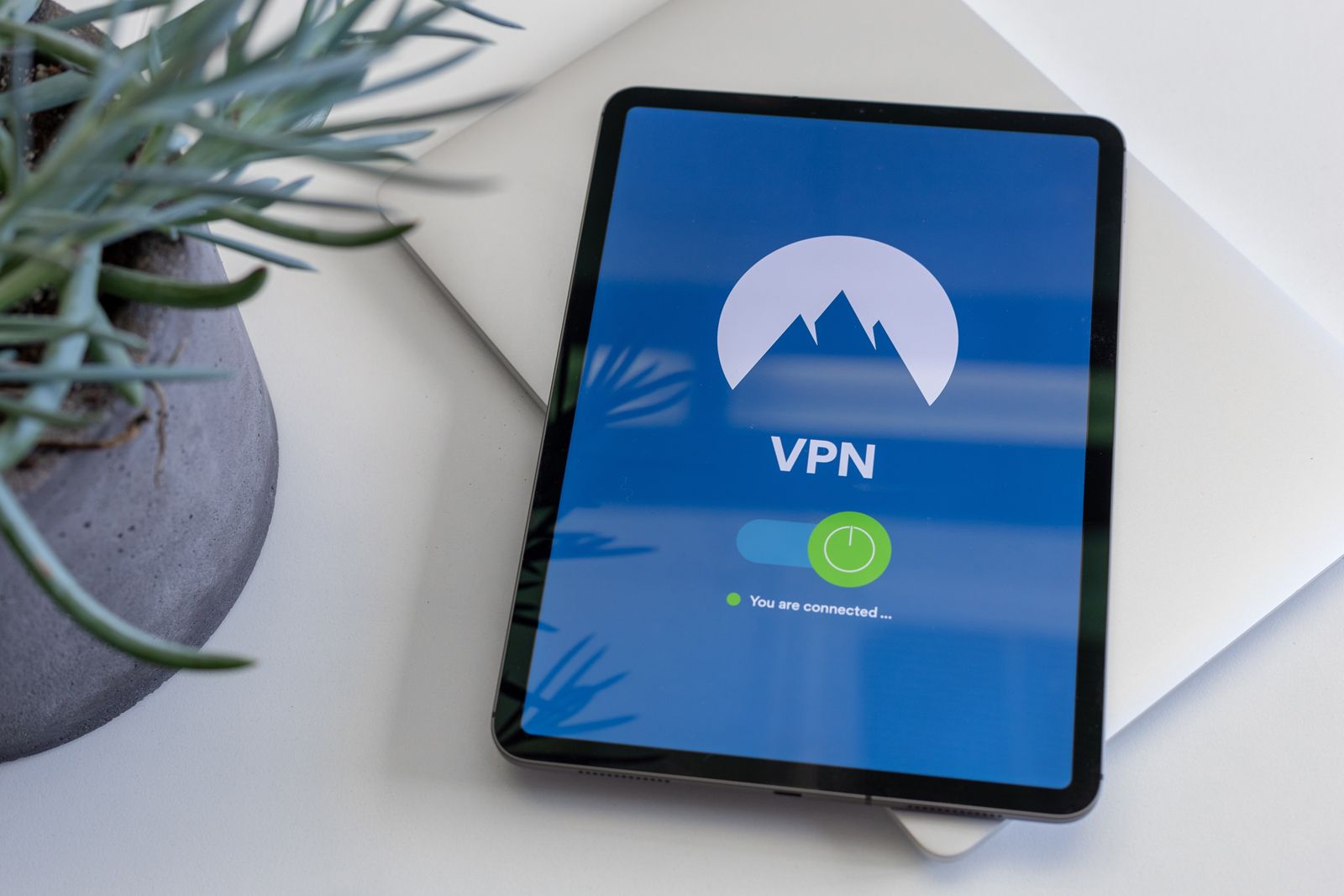
Best iPhone VPNs: Security in the palm of your hand
VPNs for iPhone bring peace of mind to banking, streaming, and gaming on the go.
Trending Products

Cooler Master MasterBox Q300L Micro-ATX Tower with Magnetic Design Dust Filter, Transparent Acrylic Side Panel…

ASUS TUF Gaming GT301 ZAKU II Edition ATX mid-Tower Compact case with Tempered Glass Side Panel, Honeycomb Front Panel…

ASUS TUF Gaming GT501 Mid-Tower Computer Case for up to EATX Motherboards with USB 3.0 Front Panel Cases GT501/GRY/WITH…

be quiet! Pure Base 500DX Black, Mid Tower ATX case, ARGB, 3 pre-installed Pure Wings 2, BGW37, tempered glass window

ASUS ROG Strix Helios GX601 White Edition RGB Mid-Tower Computer Case for ATX/EATX Motherboards with tempered glass…


